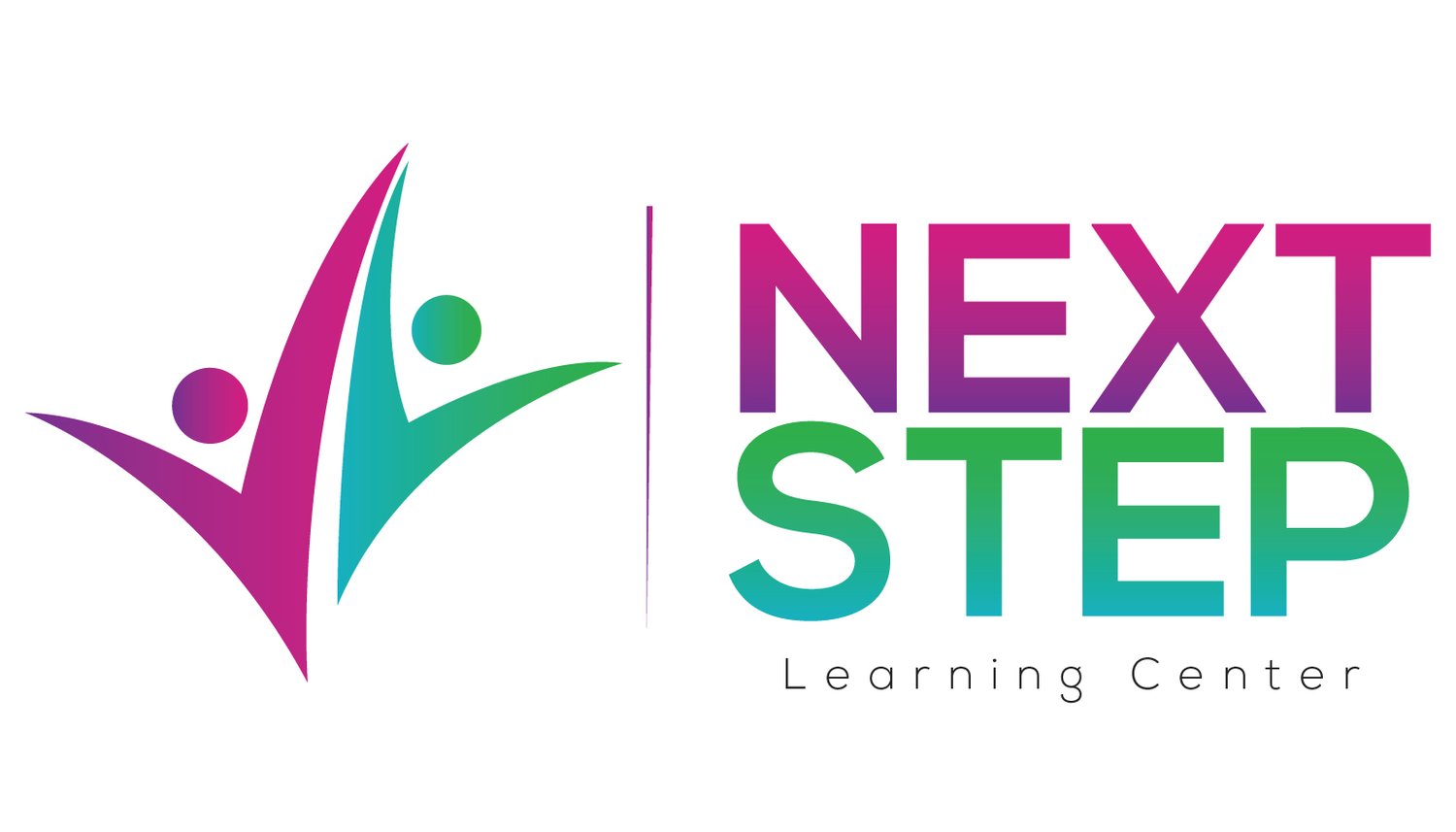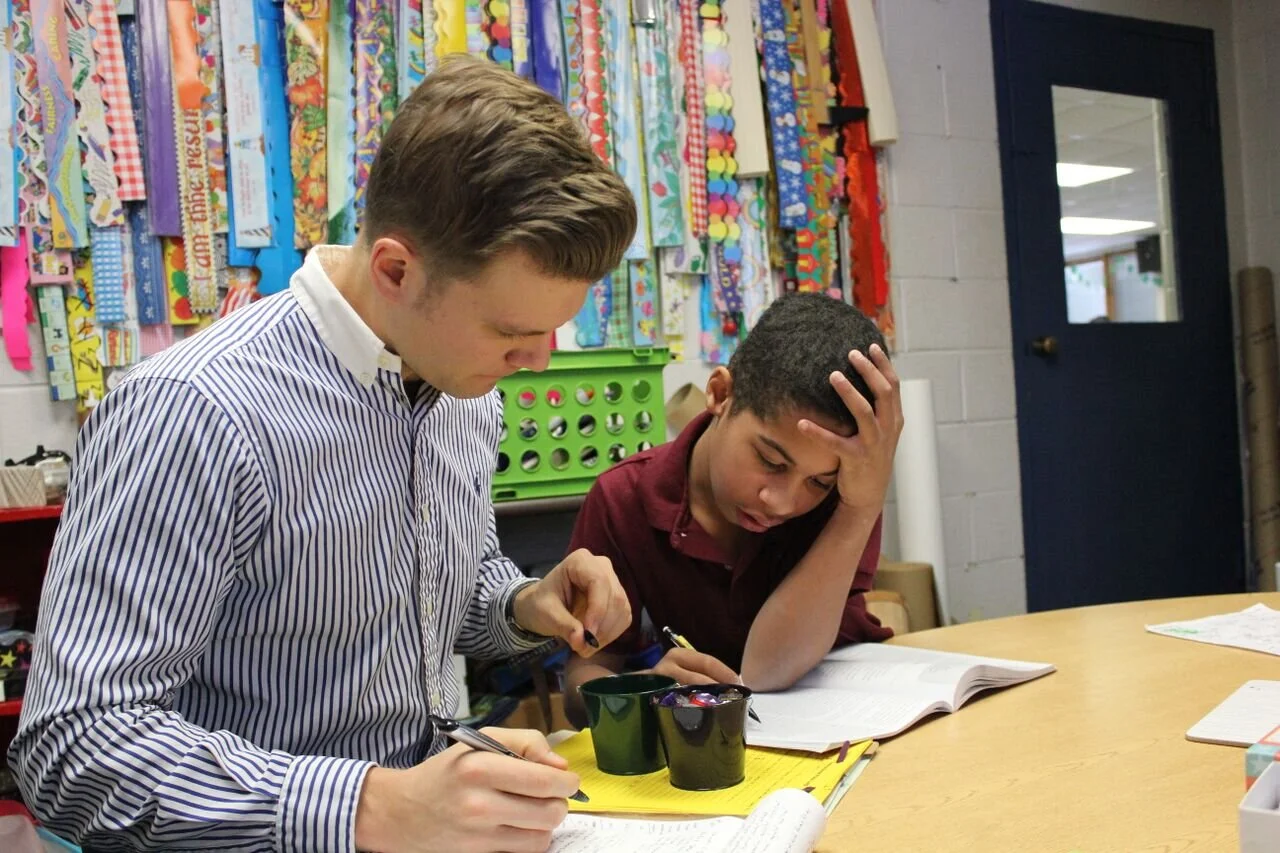When you’re reading something with your child and trying to gauge their comprehension, it can be hard to know what to ask besides, “What happened?” It’s helpful to focus on what they can visualize. For example:
“What did that look like?”
“How big was it?
“What color did you imagine for it?”
“Was it moving fast or slow?”
“Did you imagine her looking happy or sad? How did you know?”
With older children and more advanced material, you can use their imagination to help build higher-order critical thinking skills.
“From what you’re imagining, why do you think he did that?”
“Based on your picture, do you think that would have been easy or hard for her to do?”
“What do you think would have happened if she done this instead of that?”
“From what you’re seeing, what do you think is going to happen next?”
If your child consistently struggles to answer these sorts of questions, it might be a sign that he or she struggles to make mental imagery for the language they’re reading or hearing. If you so, Next Step Learning can help! Contact Michael at michael.nextsteplearning@gmail.com to schedule an assessment.






